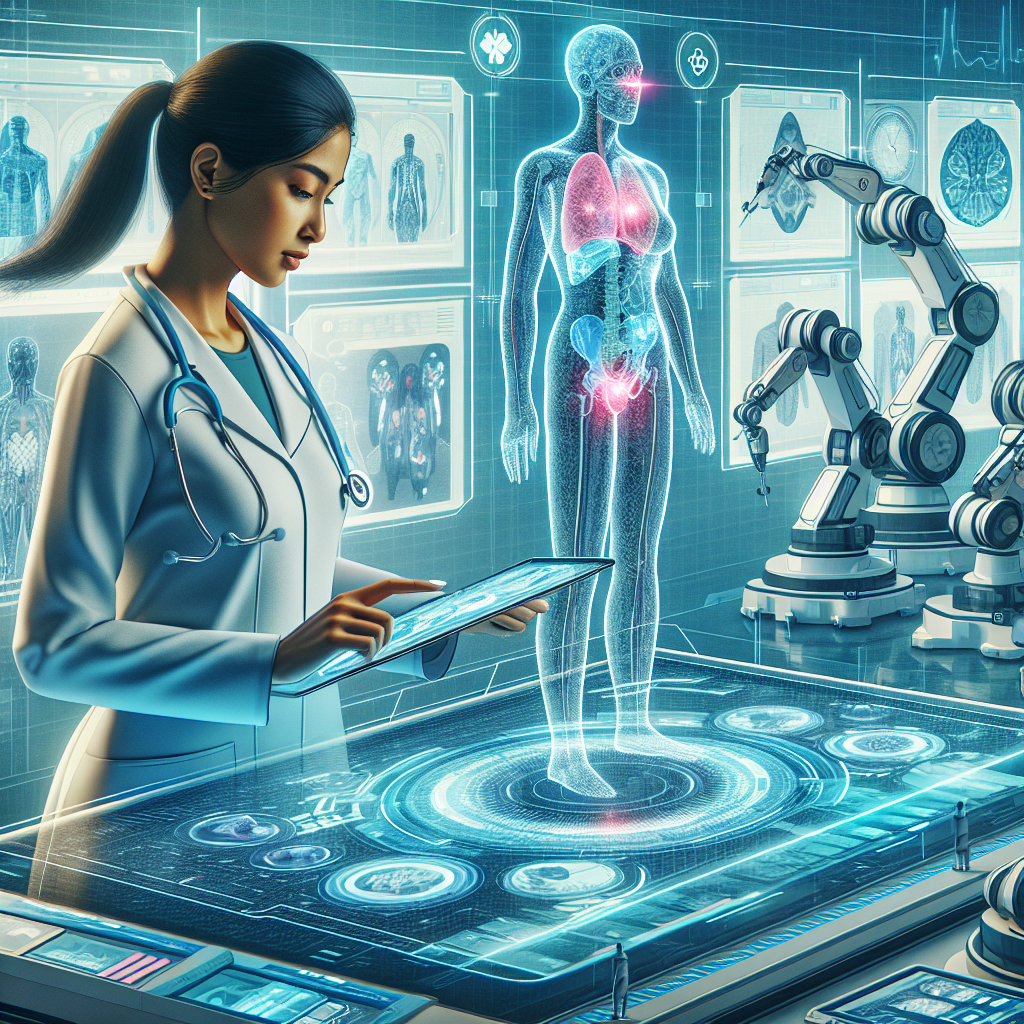In today’s fast-paced world, technology is playing an increasingly important role in shaping the future of healthcare. From electronic medical records to telemedicine, new innovations are revolutionizing the way patients receive care and how healthcare providers deliver it. Leveraging technology has the potential to significantly enhance patient care by improving access to services, increasing efficiency, and streamlining communication between patients and providers. In this article, we will explore some of the key innovations that are driving this transformation and shaping the future of healthcare.
One of the most significant advancements in healthcare technology is the use of electronic health records (EHRs). These digital records allow healthcare providers to easily access and share patient information, reducing the likelihood of errors and improving coordination of care. EHRs also enable patients to access their own medical records online, empowering them to take an active role in their healthcare and make more informed decisions about their treatment.
Another key innovation in healthcare technology is telemedicine, which allows patients to consult with healthcare providers remotely through video conferencing and other communication tools. Telemedicine has the potential to greatly improve access to care for patients in rural or underserved areas, as well as for those who have difficulty traveling to a healthcare facility. It also offers convenience and flexibility for both patients and providers, allowing for more frequent and efficient communication.
The use of wearable technology and mobile health apps is also on the rise, with patients using devices like smartwatches and fitness trackers to monitor their health and track vital signs. These technologies can help patients manage chronic conditions, such as diabetes or hypertension, by providing real-time feedback on their health status. Mobile health apps can also provide patients with personalized information and resources to support their care, such as medication reminders and virtual support groups.
Artificial intelligence (AI) is another exciting development in healthcare technology, with the potential to revolutionize diagnosis and treatment. AI algorithms can analyze vast amounts of patient data to identify patterns and predict outcomes, helping healthcare providers to make more accurate and timely decisions. AI-powered tools can also assist with tasks like medical imaging analysis, enabling faster and more precise diagnoses.
Robotic surgery is another innovative technology that is transforming the way surgeries are performed. Robotic-assisted surgery systems offer increased precision and control, leading to better outcomes for patients. These systems allow surgeons to perform complex procedures with greater dexterity and accuracy, reducing the risk of complications and improving recovery times.
Overall, leveraging technology in healthcare has the potential to greatly enhance patient care by improving access, efficiency, and quality of services. By embracing these innovations, healthcare providers can better meet the needs of their patients and deliver more personalized and effective care. As technology continues to advance, the future of healthcare looks brighter than ever before.
FAQs:
Q: What are some of the challenges associated with implementing new healthcare technologies?
A: One of the main challenges is the cost of implementing new technologies, as well as the need for staff training and support. There may also be concerns about the security and privacy of patient data, as well as regulatory and compliance issues.
Q: How can patients benefit from using healthcare technology?
A: Patients can benefit from improved access to care, better communication with their providers, and more personalized and efficient treatment. Technology can also help patients take a more active role in managing their health and wellness.
Q: Are there any potential drawbacks to relying on technology for healthcare?
A: Some potential drawbacks include the risk of errors or malfunctions in technology, as well as the possibility of reduced face-to-face interaction between patients and providers. There may also be concerns about the over-reliance on technology and the potential for dehumanizing the healthcare experience.
